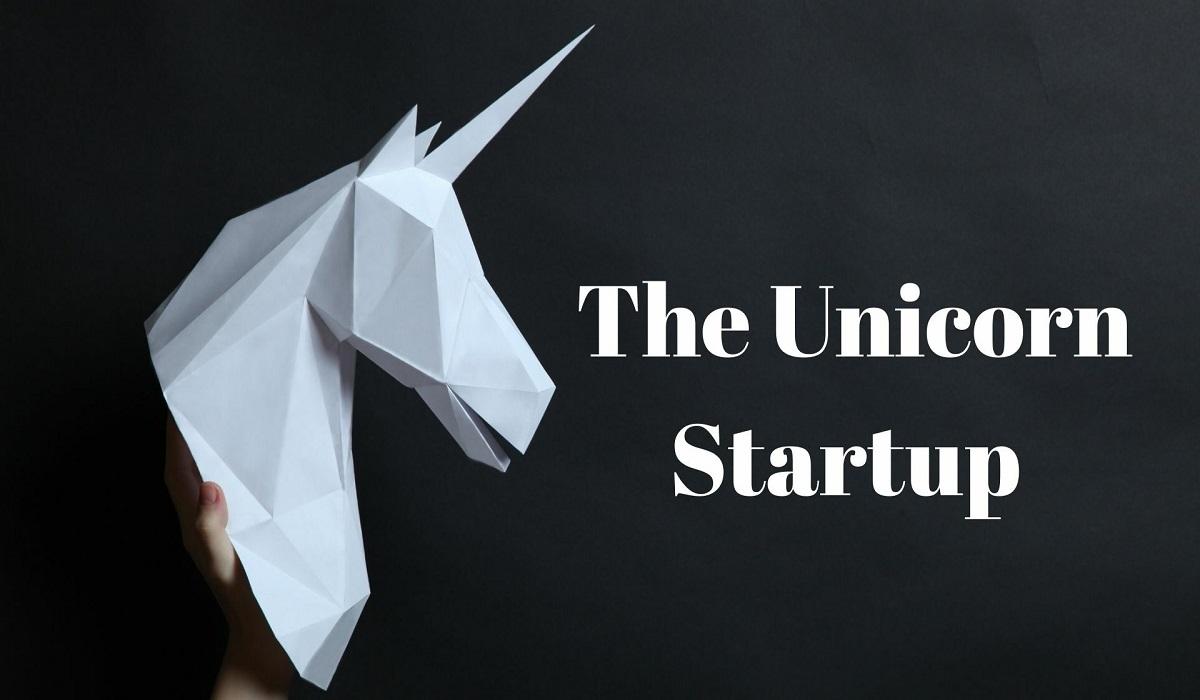In recent years, Indonesia's tech landscape has been marked by the rapid rise of unicorns—startups valued at over $1 billion. However, the allure of unicorn status is facing scrutiny as prominent companies like GoTo and Bukalapak report significant financial losses, prompting a reevaluation of their market positions and strategies.
GoTo, formed from the merger of ride-hailing giant Gojek and e-commerce platform Tokopedia in 2021, reported a staggering net loss of approximately $1.47 billion in 2021. This financial downturn continued into the first quarter of the following year, with losses amounting to around $450 million. Despite a 36% increase in net revenue to $315 million in 2021, the company's profitability remains elusive.
Similarly, Bukalapak, another major player in Indonesia's e-commerce sector, has faced challenges in achieving profitability. The company has been criticized for its conservative approach to capital deployment, maintaining a cash reserve of approximately $1.4 billion instead of investing aggressively to attract new customers. This strategy has raised concerns about its competitiveness and innovation in a rapidly evolving market.
The financial struggles of these unicorns are indicative of broader challenges within Indonesia's startup ecosystem. A significant factor contributing to these difficulties is the intense competition from well-funded foreign rivals. Companies like Sea Limited's Shopee and Grab have leveraged their substantial financial resources and regional presence to capture significant market share in Indonesia. Shopee, for instance, has utilized profits from its global gaming subsidiary, Garena, to fund aggressive expansion strategies in Indonesia's e-commerce market. Similarly, Grab has been encroaching on GoTo's territory in the ride-hailing sector, supported by funds from its profitable operations in other markets.
The decline in startup valuations and the challenges in securing funding have led to a more cautious investment environment. Investors are now prioritizing profitability and sustainable growth over rapid expansion and high valuations. This shift has prompted startups to reassess their business models, focusing on cost management and clear paths to profitability.
In response to these pressures, companies like GoTo have implemented measures to streamline operations and reduce costs. GoTo has reduced its workforce by over 1,000 employees and divested non-core business units to concentrate on achieving profitability. These actions reflect a strategic pivot from the previous emphasis on rapid growth to a more balanced approach that values financial sustainability.
The challenges faced by Indonesia's unicorns underscore the need for startups to innovate continually and adapt to changing market dynamics. Reliance on past successes and established business models is insufficient in a competitive landscape where consumer preferences and technological advancements are in constant flux. Startups must invest in research and development, explore new market opportunities, and remain agile to navigate the complexities of the modern economy.
In conclusion, the financial difficulties of Indonesian unicorns like GoTo and Bukalapak highlight the evolving challenges within the country's startup ecosystem. As the market matures, there is a growing emphasis on sustainable growth, profitability, and innovation. Startups must adapt to these changing expectations to maintain their competitive edge and fulfill the promise of their early valuations.
Read More






 Thursday, 05-03-26
Thursday, 05-03-26







